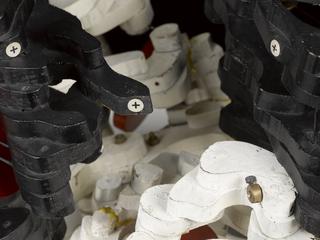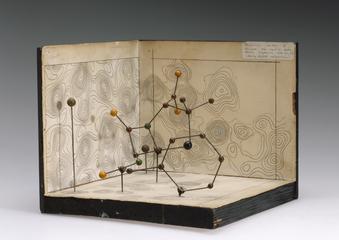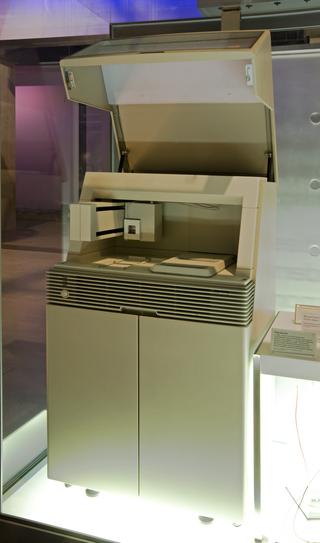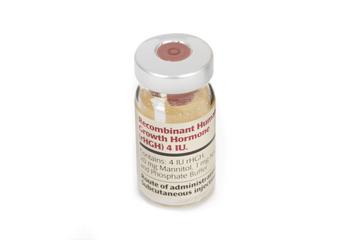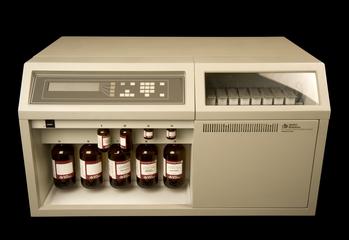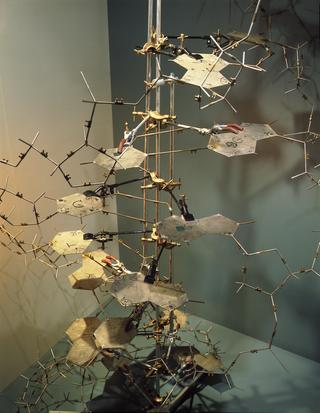
Alpha-fetoprotein (AFP) test, made by The Radiochemical Centre, 1979
- maker:
- The Radiochemical Centre
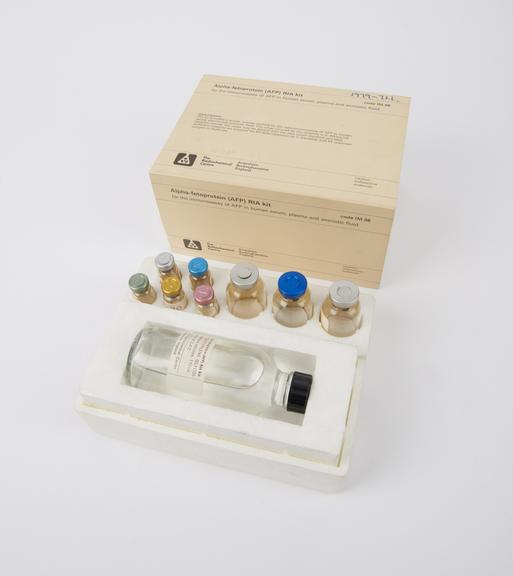
Alpha-fetoprotein (AFP) immunoassay kit, made by The Radiochemical Centre, Amersham, England, 1979.
This kit made in 1979 by The Radiochemical Centre is a laboratory test that could precisely measure levels of a protein called Alpha fetoprotein (AFP) in blood serum, plasma, and amniotic fluid samples, using radiolabelled molecules.
Alpha fetoprotein (AFP) was first identified in 1957 as protein produced by the liver and yolk sac of a developing baby during pregnancy. Tests for this protein became important in two ways. In the 1960s, scientists identified that detecting the AFP protein in adult blood could indicate some liver disorders or the growth of certain cancers. In the 1970s, researchers discovered that measuring AFP levels in pregnant women’s blood and amniotic fluid could also be used to diagnose genetic and developmental conditions in a foetus.
The Radiochemical Centre in Amersham, England was a facility for producing radiopharmaceutical products used in healthcare and industry, tracing its roots back to the 1940s when the site was used to extract radium.
